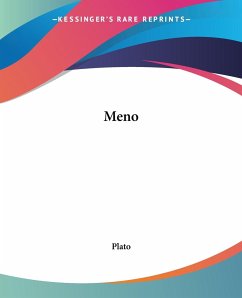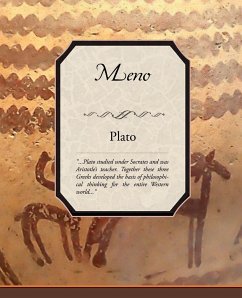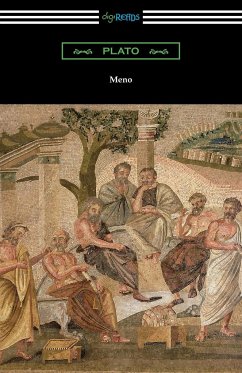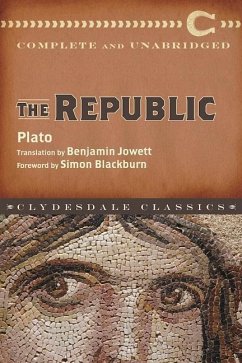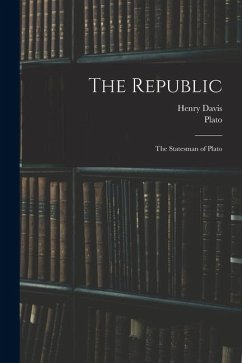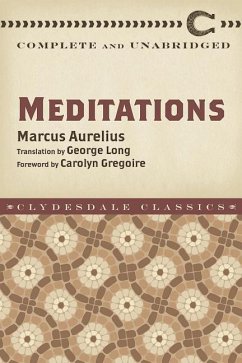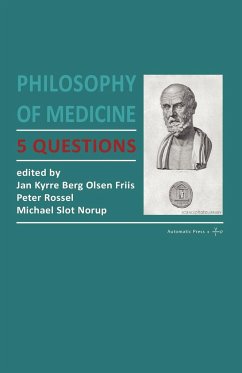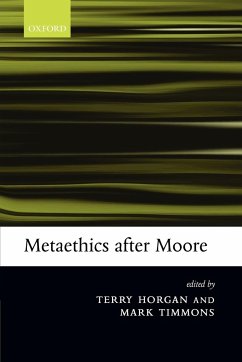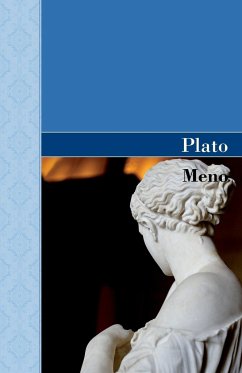
Meno
Versandkostenfrei!
Versandfertig in 1-2 Wochen
14,99 €
inkl. MwSt.

PAYBACK Punkte
7 °P sammeln!
Meno is an absorbing look at the question of human virtue. As in most of Plato's dialogues, Meno features Socrates engaging a prominent thinker and attempting to draw out the implications of his theories. The topic at hand is virtue - what is it? Is it the same for everyone? Where does it come from? In Meno, Socrates also makes the case for the immortality of the soul, and knowledge as a process of remembering that which the soul already knows. Addressing Plato's central concern of how to live a good life, Meno is an important work, presented with the humor and vibrancy that has made Plato's w...
Meno is an absorbing look at the question of human virtue. As in most of Plato's dialogues, Meno features Socrates engaging a prominent thinker and attempting to draw out the implications of his theories. The topic at hand is virtue - what is it? Is it the same for everyone? Where does it come from? In Meno, Socrates also makes the case for the immortality of the soul, and knowledge as a process of remembering that which the soul already knows. Addressing Plato's central concern of how to live a good life, Meno is an important work, presented with the humor and vibrancy that has made Plato's writing timeless.





